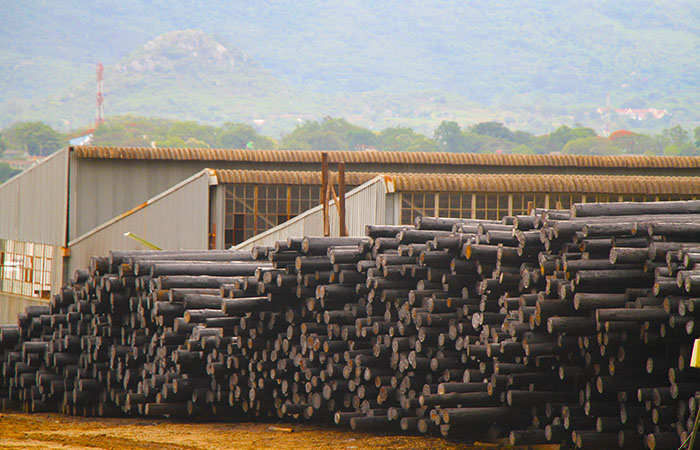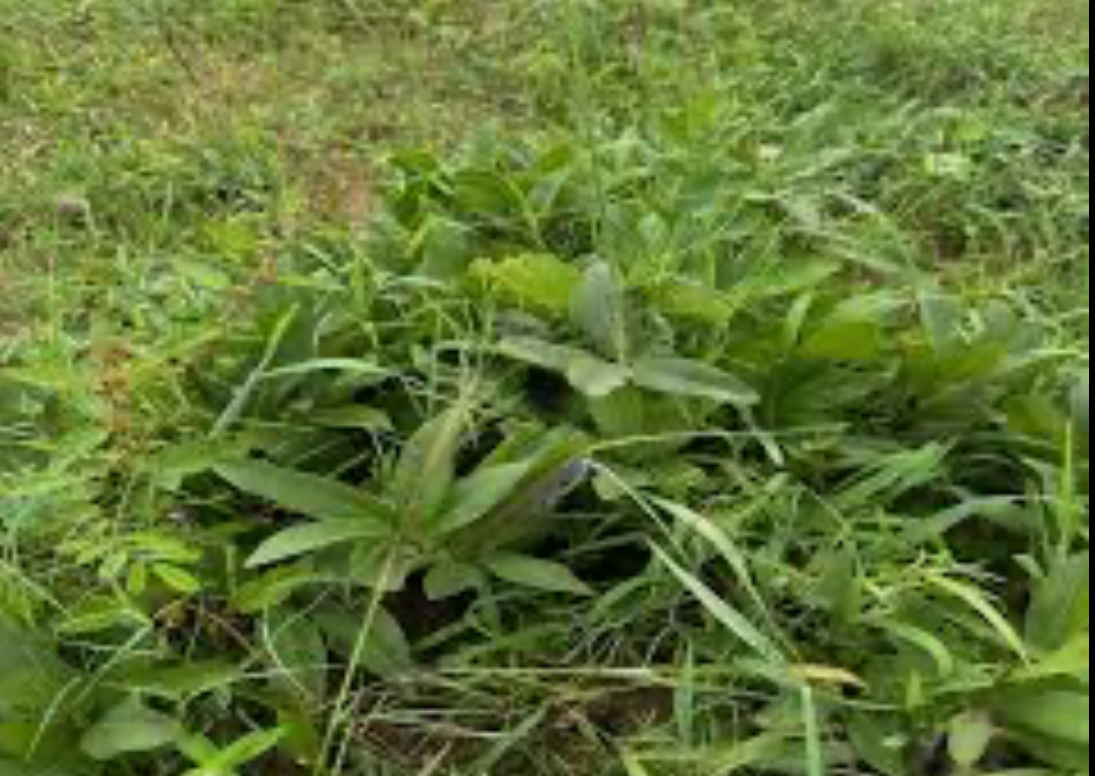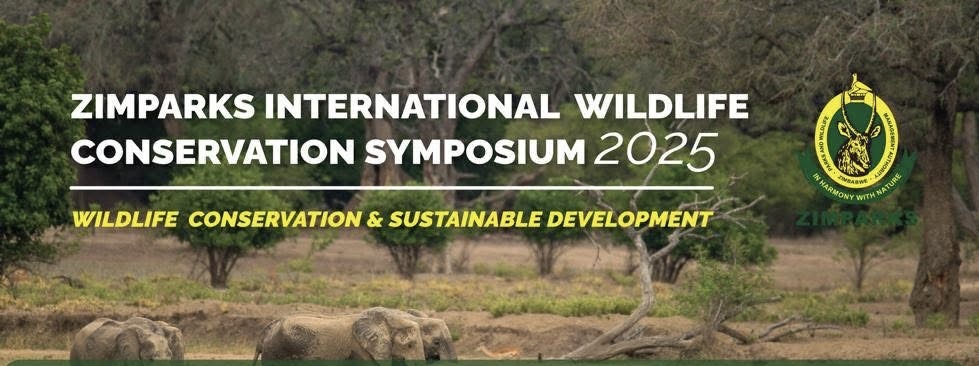BY CAROLINE SIMSON
WASHINGTON -A forestry and sawmill company initiated litigation Wednesday in Washington, D.C., to enforce a more than US$164 million arbitral award it won against Zimbabwe after the country seized its forestry plantation to redistribute the land to the indigenous population.
Border Timbers Ltd. filed its petition to enforce the award, telling the court that after more than six years since it won the award, the southeast African nation still hasn’t paid a penny of what it owes.
Zimbabwe had attempted to have the Border Timbers award annulled, but that bid came up short nearly three years ago.
The company argued that the country has no choice now but to pay up.
“Currently, Zimbabwe owes Borders $164,223,664.67 as at August 31, 2021,” according to the petition.
“This includes post-award interest through August 31, 2021 in the amount of $29,415,212.31. Zimbabwe has not paid any part of the award and the amounts awarded remain unsatisfied and outstanding in their entirety.”
Lawyers for Border Timbers and representatives for Zimbabwe could not immediately be reached for comment on Thursday.
The move by Border Timbers comes just under two months after a German and Swiss family, the von Pezolds, filed their own petition seeking to enforce a separate $277 million award they had won in proceedings arising out of the same dispute.
The von Pezolds were former majority shareholders in Border Timbers.
The von Pezolds had filed litigation in the United Kingdom last year aimed at halting alleged settlement proceedings with Zimbabwe relating to the $124 million award that they viewed to be unfavorable.
A UK court records indicate that the proceeding remains pending, though its status beyond that wasn’t immediately clear on Thursday.
The dispute has its origins in a land reform program aimed at reversing a colonial-era policy that distributed much of the land to white people, relegating the indigenous Black population to a smaller amount of communal land that was largely devoted to subsistence farming.
Once Robert Mugabe was elected president in 1980 after Zimbabwe’s independence, the country looked to redistribute the land back to the indigenous population, according to the award.
At first the government tried to convince the white farmers to sell their land, but after little progress was made, the country enacted legislation in 1992 enabling the government to seize the land in exchange for fair compensation.
But this phase, too, went slowly, in part due to a lack of funds to compensate landowners for land acquired from them, according to the award.
In early 2000, the government attempted to pass a draft constitution that would have permitted the government to seize land without compensation.
Soon after this was rejected, the first invasions of white-owned farms began in an area near the capital of Harare, and gradually spread across the country.
The government subsequently enacted a new “fast track land reform program” later in 2000, under which it was permitted to compensate landowners only for “improvements” to agricultural land, as opposed to the land itself, according to the award.
An amendment enacted later absolved Zimbabwe of any duty to compensate landowners for the value of agricultural land acquired for resettlement purposes, except for improvements.
Border Timbers held an integrated forestry plantation comprising 28 properties with pine and eucalyptus plantations and three sawmills set on nearly 48,000 hectares (approximately 118,600 acres) in eastern Zimbabwe, as well as a nearby pole treatment plant and two factories.
Much of the property was seized by the Zimbabwean government in 2005, and the rest was allegedly rendered worthless.
The International Centre for Settlement of Investment Disputes tribunal concluded that Zimbabwe had unlawfully expropriated the properties, treated Border Timbers unfairly, and taken unreasonable and discriminatory measures that interfered with its rights in the properties, among other things.
It awarded Border Timbers and affiliated companies $124 million plus interest and costs.
Border Timbers Ltd. is represented by Jennifer Ancona Semko and Graham Cronogue of Baker McKenzie LLP. – Law360


 Slider3 years ago
Slider3 years ago
 National4 years ago
National4 years ago
 Tourism and Environment4 years ago
Tourism and Environment4 years ago
 Special reports4 years ago
Special reports4 years ago
 Opinion4 years ago
Opinion4 years ago
 National4 years ago
National4 years ago
 National3 years ago
National3 years ago
 National3 years ago
National3 years ago


